Ronald Dickerman on Optimizing Success Amid Market Disruption
The founder & president of Madison International Realty discusses the practices behind his company’s investment strategy.
Madison International Realty had a strong 2020, with an enhanced focus on investing in the life sciences sector as well as industrial markets. And 2021 has continued along the same upward trajectory.
The company’s strategy is aimed at maximizing success throughout various cycles and the approach works especially well in disrupted and volatile markets, according to Ronald Dickerman, founder & president of Madison. The veteran investor shares the principles behind the company’s strategic moves in the interview below.
READ ALSO: Outlook Brightens for CRE Capital Markets
Despite widespread economic volatility, 2020 was a strong year for Madison International Realty. How has 2021 shaped up for the company so far?

Ronald Dickerman, Founder & President, Madison International Realty. Image courtesy of Madison International Realty
Dickerman: This year has shaped up stronger for us. We are working as a team in the office and are transacting in our preferred asset classes across geographies. 2021 is continuing strong for Madison International Realty due to our distinct and differentiated investment strategy.
Madison specializes in acquiring partial-ownership stakes, joint venture positions and providing win-win equity capital to owners of prime properties and portfolios in major markets in the U.S., U.K. and Europe, a strategy known as “direct secondaries.” Our strategy is designed to optimize success across market cycles, and it works especially well in disrupted and volatile markets.
Madison’s latest commingled investment vehicle, with $1.2 billion of equity commitments, closed in March 2020. What can you tell us about your investor base?
Dickerman: We were very pleased with the broad support we received in the market from both returning and new investors for Madison International Real Estate Liquidity Fund VII. Our investors continue to show confidence in Madison’s strategy throughout changing economic conditions.
In the past few years, we have expanded our investor base to include endowments, foundations, public and private pension funds, sovereign wealth funds, family offices, insurance companies and high net-worth individuals across the U.S., Europe, Asia, the Middle East and Australia. We do plan further investment vehicles in the future.
In late 2020, Madison invested $200 million in life science REIT IQHQ. To what extent did the pandemic influenced this decision?
Dickerman: COVID-19 is the great accelerator. Life sciences is a preferred asset class, as lab workers cannot work from home. The rapid-growing life sciences sector has evolved as one of the most dynamic in the new normal of the post-pandemic economy. We believe there are a variety of key sectors that will continue to flourish after the pandemic, including life sciences, as well as industrial and cold storage. We continue to assess potential investments in these areas on an ongoing basis.
READ ALSO: $1B Life Science Project Starts Construction in Boston
Madison also formed a $150 million equity joint venture with Plymouth Industrial REIT in 2020. Please tell us a bit about the strategy behind this move.
Dickerman: Madison invests selectively in listed real estate companies that own high-quality portfolios where we see potential for upside momentum and that have strong management teams. Plymouth Industrial REIT fits these very defined criteria. Plymouth has solid positioning in highly attractive industrial markets and is a compelling play in the growing industrial sector.
We seek to step up investments in the industrial sector and continue to evaluate those that work with our investment strategy and geographic focus.
Given the company’s background in retail investing, what do you think is next for the sector?
Dickerman: The migration online and away from brick-and-mortar was moving swiftly before the pandemic, which just accelerated the pace. We still believe that people want to go out to shop, dine and be entertained, if retail can offer something special.
We see experiential, providing something new and different, as the future of retail. Seamless, imaginative and efficient integration of online and brick-and-mortar will also be important, so shoppers can choose their platform and still have a positive experience.
What are your expectations for the rest of 2021 when it comes to office space?
Dickerman: We believe 2021 will be a bifurcated year, with a great deal of pent-up demand in the second half and employees beginning to return to their offices. That said, we see a near-term downside in rents in the next six to 24 months. Of course, where the office sector nets out will depend on geography, the type of property and the fundamentals of the individual asset.



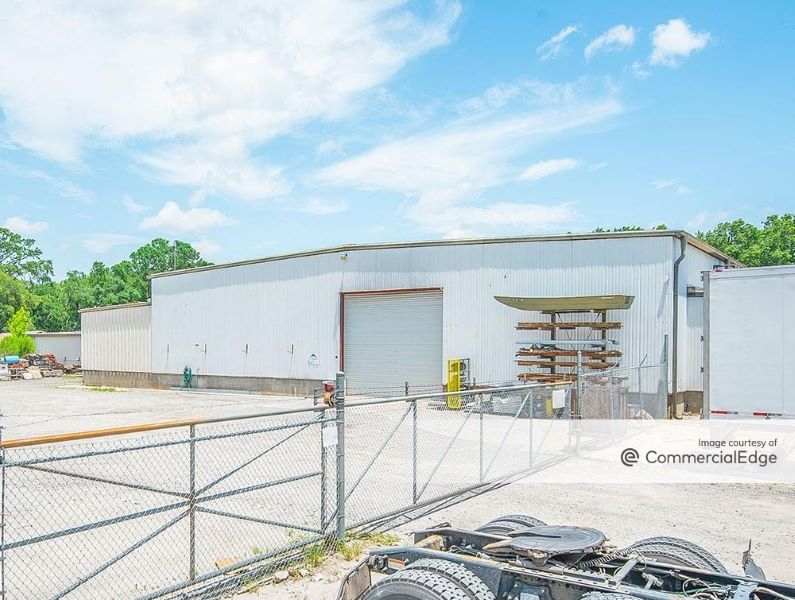
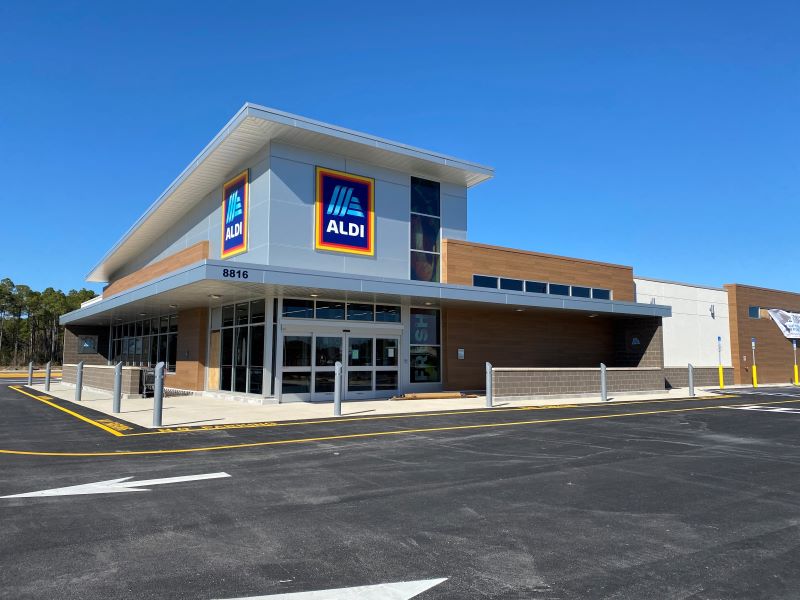
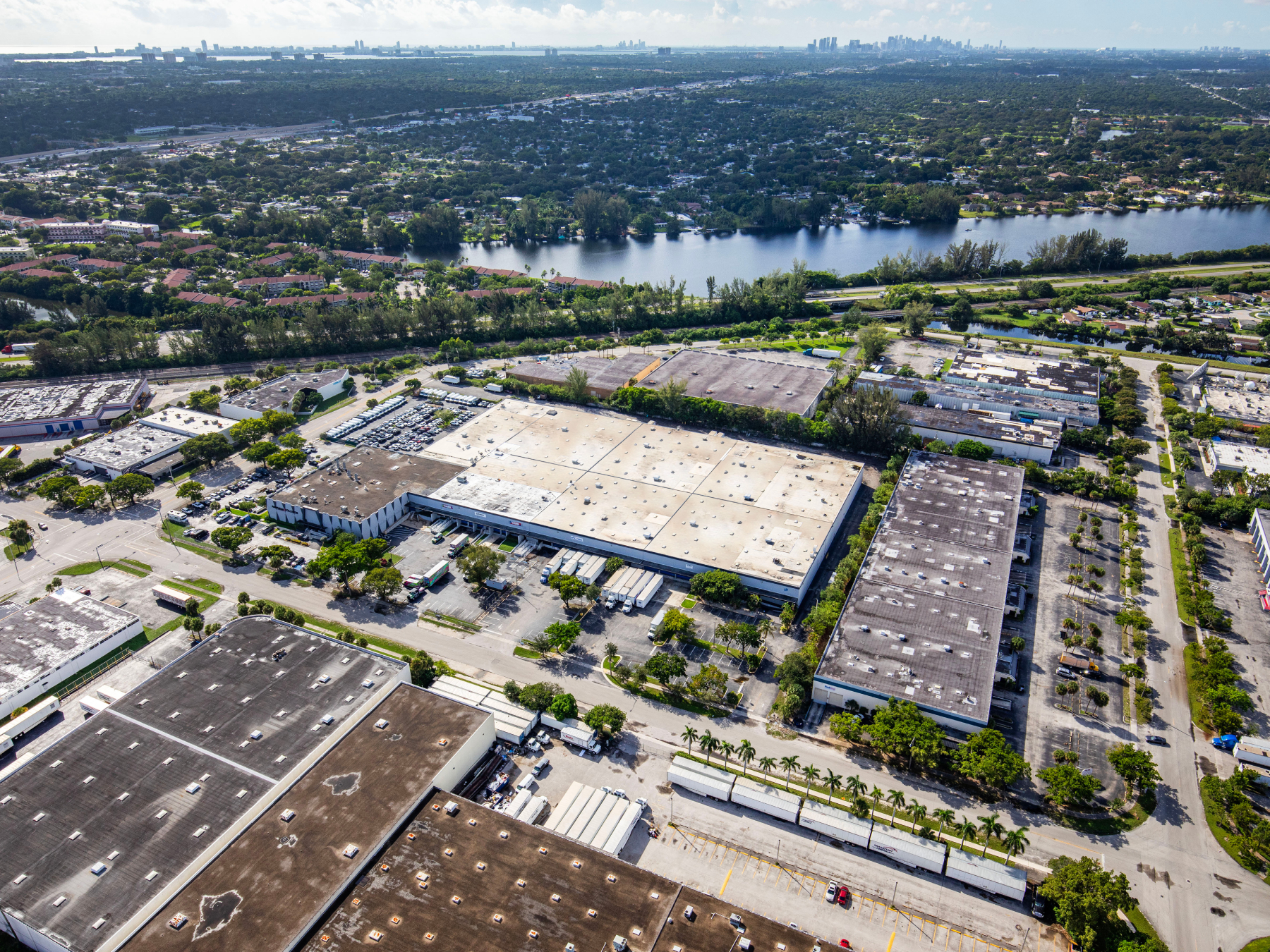
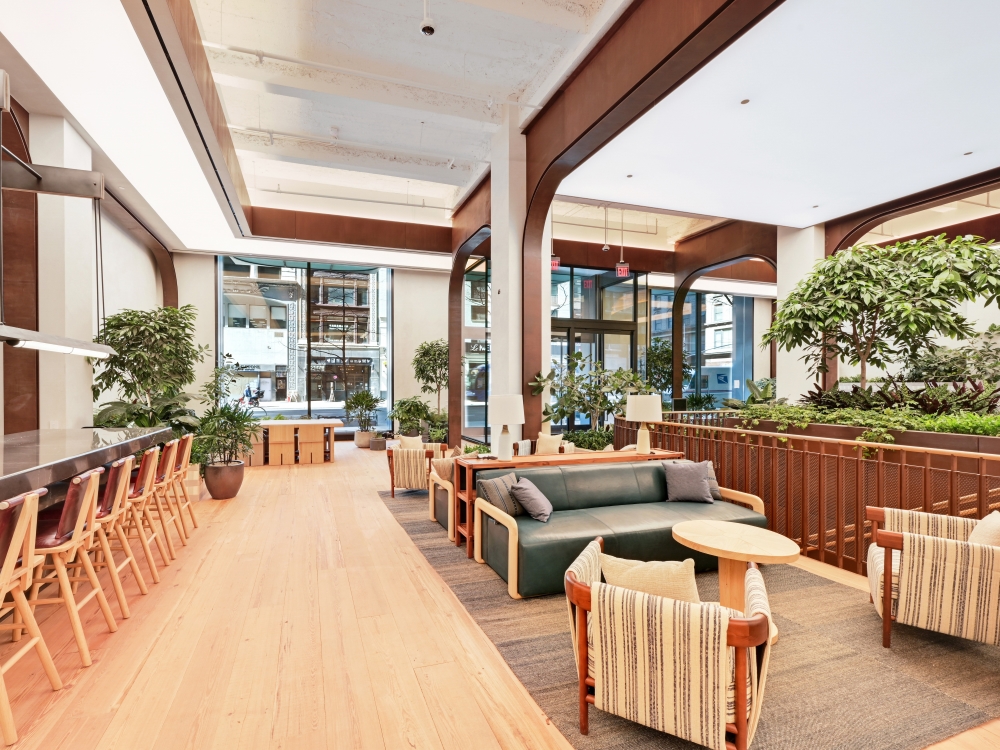
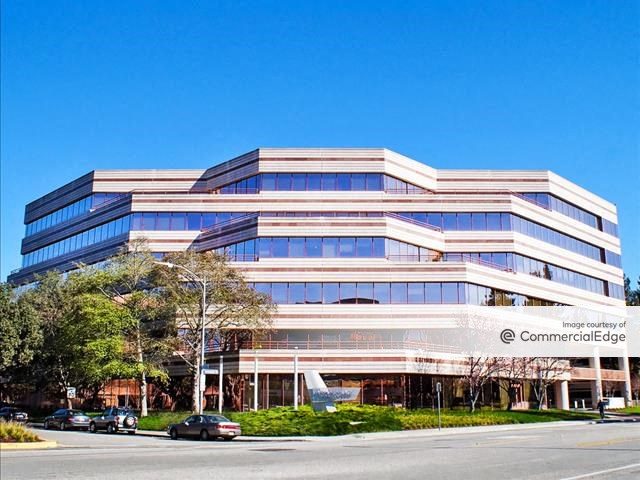
You must be logged in to post a comment.